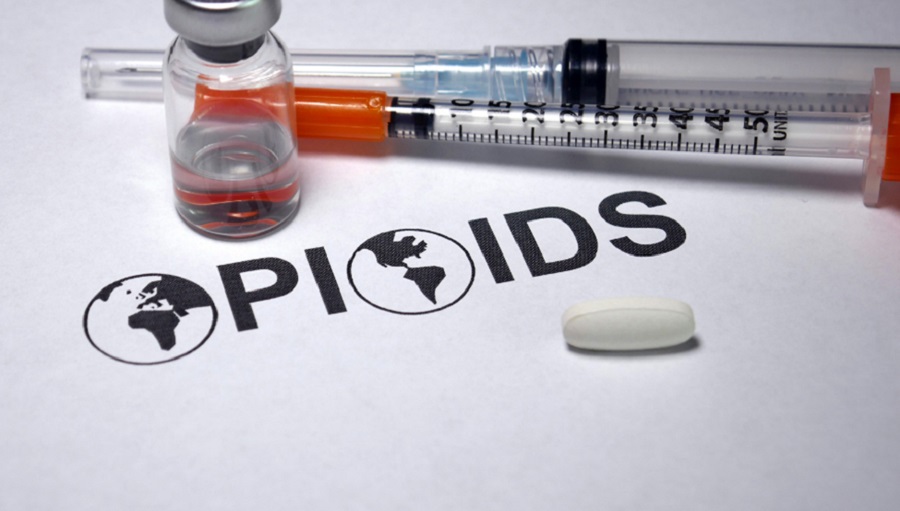Opioid addiction is a complex and devastating disease that affects not only the individual struggling with the addiction but also their loved ones and relationships. The impact of opioid addiction on families and relationships can be far-reaching, causing emotional, financial, and social strain. Therefore, seeking professional help for opioid addiction treatment in Alpharetta is important as it not only helps the individual but also their loved ones. In this article, we will discuss the various ways in which opioid addiction can affect families and relationships.
Emotional Strain
Opioid addiction can cause emotional strain on both the individual struggling with the addiction and their loved ones. Individuals addicted to opioids often experience intense feelings of shame, guilt, and hopelessness. These negative emotions can lead to strained relationships with family members who may not understand the complexities of addiction. Family members also experience a range of emotions, such as anger, frustration, and sadness, as they watch their loved one struggle with opioid addiction.
It is common for individuals addicted to opioids to become emotionally distant from their loved ones as they prioritize their addiction over everything else. This can lead to broken relationships and a breakdown in communication.
Financial Strain
Another significant impact of opioid addiction on families is the financial strain it causes. Opioid addiction can be incredibly expensive, as individuals may spend large sums of money to support their habit. This can cause financial instability for both the individual and their family members. In some cases, family members may also be financially responsible for their loved one’s treatment, which can place a heavy burden on them.
The financial strain caused by opioid addiction can also lead to conflicts within the family and further damage relationships. Family members may feel resentful or frustrated as they see their hard-earned money being used to support the addiction.
Social Strain
Opioid addiction can also have a significant impact on an individual’s social life and relationships. Addiction often leads to isolation, as individuals may withdraw from social activities and relationships in order to focus on their drug use. This can cause strain within the family, as well as with friends and other loved ones.
Additionally, opioid addiction can also lead to legal problems, which can further strain relationships. Family members may struggle with feelings of embarrassment or shame due to their loved one’s behavior and actions related to their addiction.
Seeking Help and Support
It is important for families and loved ones of individuals struggling with opioid addiction to seek support for themselves. This can include joining support groups or seeking therapy to cope with the emotional, financial, and social strains caused by their loved one’s addiction. Family therapy can also be beneficial in improving communication and repairing strained relationships.
Additionally, it is crucial for individuals struggling with opioid addiction to seek professional help as soon as possible. Treatment programs that address both the physical and psychological aspects of addiction can help individuals overcome their substance use disorder and rebuild their relationships with their loved ones.
To Conclude
Opioid addiction can have a profound impact on families and relationships. It is imperative for both the individual struggling with the addiction and their loved ones to seek support and treatment. With proper professional help, individuals can overcome their addiction and repair damaged relationships, leading to a healthier and happier future for all involved. You may also check out this blog post to understand why it’s so hard to treat opioid addiction and how therapy can help so that you can gain a better understanding of the complexities of opioid addiction and how therapy can be an effective form of treatment.
Remember, recovery is possible with the right support and treatment. So, do not hesitate to seek help if you or a loved one is struggling with opioid addiction. Let’s work towards breaking the cycle of addiction and creating healthier relationships within families.





